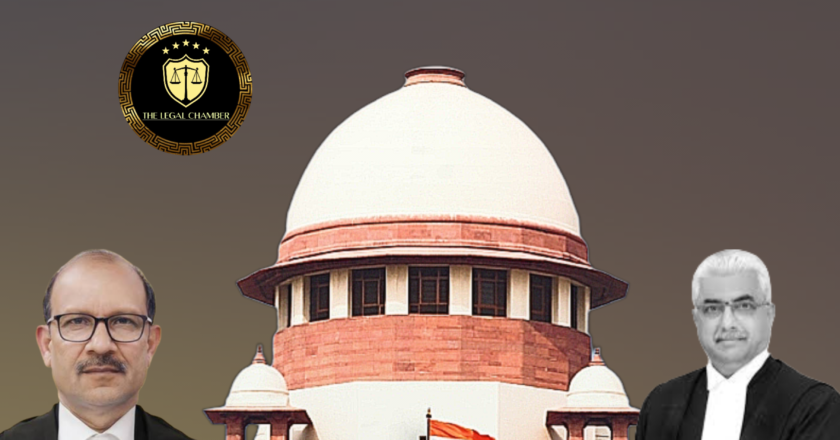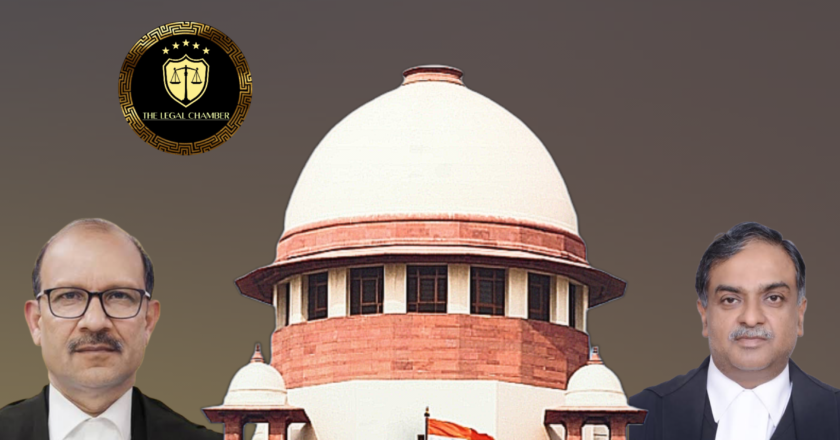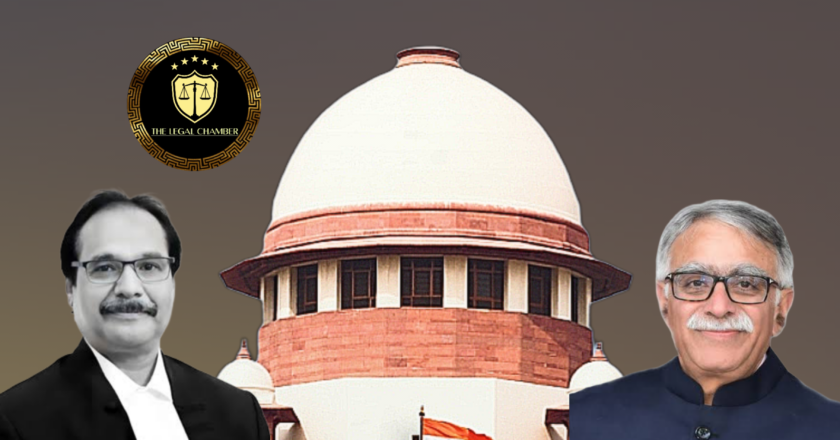Betrayal of Trust is Demonic: Supreme Court’s Powerful Stand on Incest & POCSO Act Upholds Life Term for Father Who Raped Minor Daughter
The Supreme Court upheld the conviction under POCSO Act Section 6 and IPC Section 506, affirming the statutory presumption of guilt under Section 29. It emphasized that a child victim's credible testimony requires no corroboration and denied bail, highlighting the severity of familial sexual abuse and the imperative for stringent punishment.
Facts Of The Case:
The case involved the appellant, Bhanei Prasad @ Raju, who was convicted for repeatedly committing aggravated penetrative sexual assault on his own minor daughter. The victim was approximately ten years old at the time of the incidents, which were not isolated but constituted sustained assaults within the family home. The prosecution case was built primarily on the unwavering and credible oral testimony of the victim (PW-3), ...






